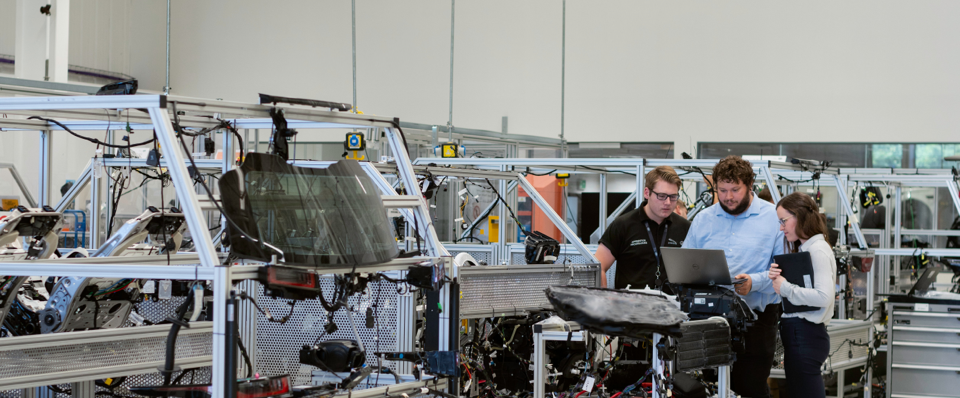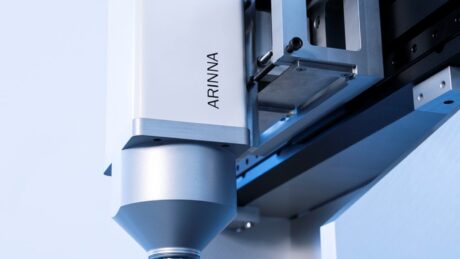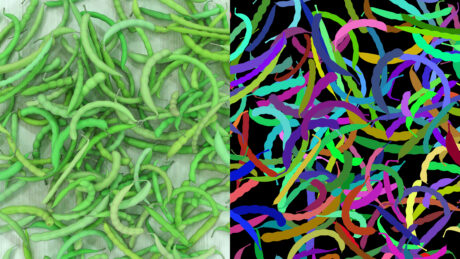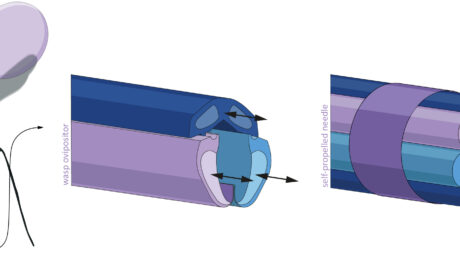Certification process
The Dutch Society for Precision Engineering (DSPE) has selected and qualified the best post-academic courses for precision engineers.

The selection of courses within the program need to cover the competences for Precision Mechatronic Engineer. Courses can be submitted courses to become part of the DSPE certification program after evaluation by the DSPE certification program committee and approval by renowned academic professor.
CPE – Certficated Precision Engineer
To obtain a certificate and the title Certified Precision Engineer, one should have followed some basic mandatory courses completed with courses of your selection, up to a total of 25, 35 for a bronze, silver CPE Certificate. With 45 points you become a Certified Precision Engineer.
Each course day represents 1 point. The starting point is Januari 2008, when this CPE program was initiated.

Cooperation with European Society for Precision Engineering
In 2014 euspen approached DSPE to propose collaboration in order to extend the certification programme from the Dutch level to the European level.On 19 november 2015 a DSPE/euspen symposium, organised as a parallel session at the Precision Fair in close cooperation with fair organiser Mikrocentrum, will be the formal kick off in the Netherlands of this collaboration.One of the objectives of euspen is to improve the level of knowledge and cooperation in the field of precision engineering within Europe. The program aims to promote post-academic technical education. Based on the demands in the market, euspen has selected and qualified the best post-academic course.

ECP2
CPE for precision engineers. The ECP2 program reflects the demand for multidisciplinary system thinking, excellent cooperative skills and in-depth knowledge of relevant disciplines. This combined investment in education aims to create a common way of working and to facilitate networking among precision engineers.

DSPE in the Netherlands
DSPE in the Netherlands has selected and qualified 25 of the best post-academic courses for precision engineers. The CPE program reflects the demand for multidisciplinary system thinking, excellent cooperative skills and in-depth knowledge of relevant disciplines. This combined investment in education aims to create a common way of working and to facilitate networking among precision engineers. In 2014 more than 350 students followed one or more certified courses.
By reaching 25 points you will receive a BRONZE CPE certificate
By reaching 35 points you will receive a SILVER CPE certificate
By reaching 45 points you become a Certified Precision Engineer
The Certified Precision Engineer (CPE) masters designing:
- (sub-) systems by means of an integrated approach, both individually as in multidisciplinary teams
- (sub-) systems that meet requirements with respect to specific accuracy and dynamics
- Drive systems with integrated control
How to add a course to the selection:
- Anyone can submit a candidate course (submit a candidate course for certification)
- Candidate courses are added to the selection when approved by the “DSPE program committee”
- Candidate courses become “DSPE selected course” after approval by a qualified academic professor
- Candidate courses will only be accepted if there is sufficient demand in the market
References

Joris Oosterhuis, senior technologist Thermal & Flow at Philips Engineering Solutions in Eindhoven (NL), has been awarded the Bronze certificate from the ECP2 programme, a European certified precision engineering course programme, which is a collaboration between euspen and DSPE.
Read more
Jordy Nieuwhoff, optomechanical lead design engineer at ASML, has been awarded the Bronze certificate from the ECP2 programme, a European certified precision engineering course that is a collaboration between euspen...
Read more



